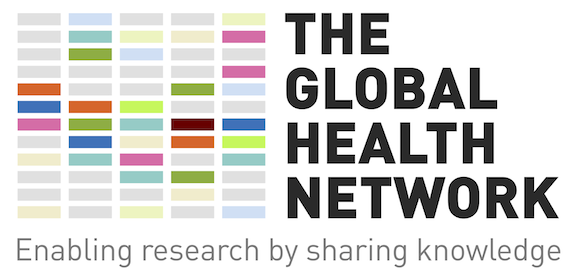Course Overview
Duration:
The CREDO Study Design module should take approximately 2-3 hours to complete.
Certification:
A certificate is issued once a minimum of 80% is achieved in the final quiz section.
Summary:
The CREDO Study design module provides the student with an introduction to the major types of clinical research that may be conducted during an outbreak, the particular challenges to research design that may be encountered during outbreaks, and the approaches to research design which may be used to mitigate these challenges.
This module has a separate but associated module - CREDO Statistics, which provides a background of statistical principles relevant to clinical research and trial design.
Intended Learning Objectives:
By the end of the module, participants should be able to:
- Describe different types of clinical research and study designs.
- Describe the characteristics of emerging and epidemic prone infectious disease (EEID) that may present challenges for conducting clinical research.
- Outline possible approaches to study design that can be used to mitigate the challenges of conducting clinical research on EEIDs.
Acknowledgements
This module was compiled by Nzelle Delphine Kayem - Research Associate, Centre for Tropical Medicine & Global Health, University of Oxford, UK;
Course Reviewers and Editors
- Peter Horby - Professor, Epidemic Diseases Research Group, Centre for Tropical Medicine & Global Health, University of Oxford, UK
- Piero Olliaro - Professor, Centre for Tropical Medicine & Global Health, University of Oxford, UK and Team Leader - WHO/TDR- Intervention and Implementation Research.
Course Developer: Nzelle Delphine Kayem - Research Associate, Centre for Tropical Medicine & Global Health, University of Oxford, UK.
Funder: CREDO is funded by TDR, the Special Programme for Research and Training in Tropical Diseases. TDR is a global programme of scientific collaboration that helps facilitate, support and influence efforts to combat diseases of poverty. It is hosted at the World Health Organization (WHO), and is sponsored by the United Nations Children’s Fund (UNICEF), the United Nations Development Programme (UNDP), the World Bank and WHO. The Global Health Training Centre is built through the support and partnership of the Bill and Melinda Gates Foundation, the World-Wide Antimalarial Resistance Network and the East African Consortium for Clinical Research.
Use and reproduction of these e-learning materials:
These e-learning materials are owned by CREDO. You are free to share or adapt this material but you must attribute it to CREDO using the link https://isaric.tghn.org/credo/
